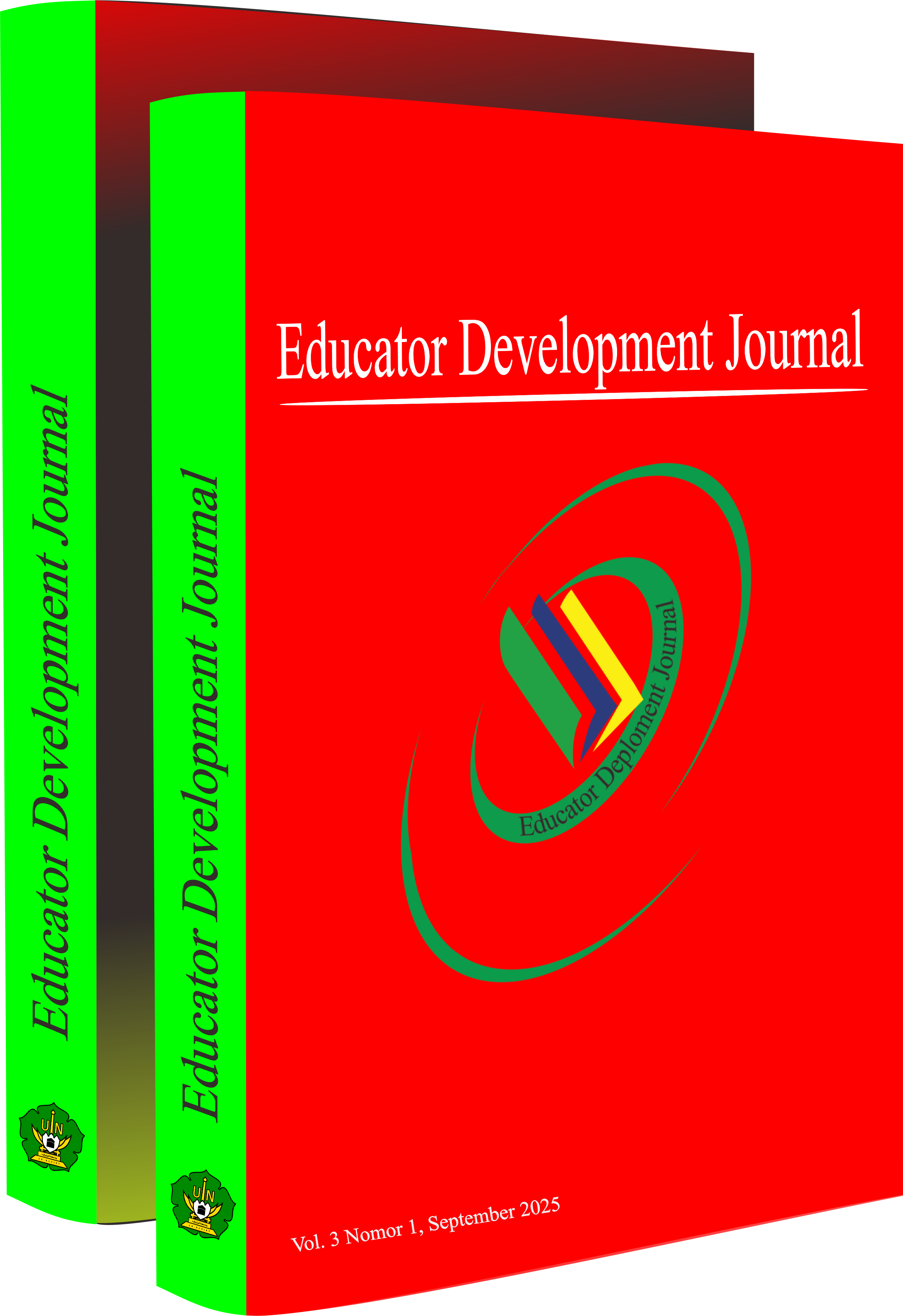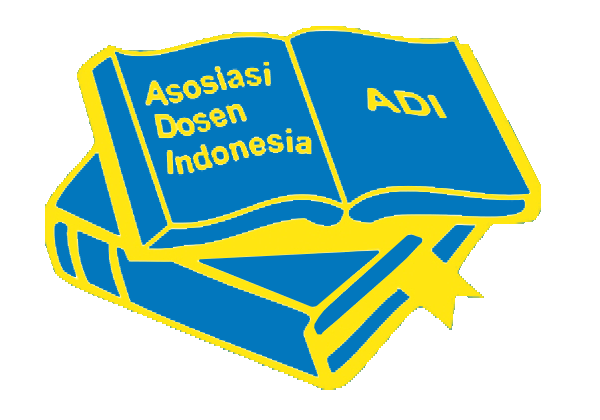Assessing The Influence Of Personalized Learning And Hands-On Science Engagements On Scientific Inquiry Skills Among Early Childhood Care And Primary Education Students
DOI:
https://doi.org/10.22373/edj.v3i1.6856Keywords:
Influence, personalized learning, hands-on scienc, engagements, scientific inquiry skillsAbstract
This study investigates the impact of personalized learning and hands-on science engagements on the development of scientific inquiry skills among early childhood care and primary education students. The study employed a descriptive survey design in Anambra state, encompassing 143 participants with different demographics. A self-structured questionnaire underwent validation and reliability testing. Data collection utilized a survey-based approach through Google Forms, ensuring diverse participant engagement and representing Early childhood care and primary education students. The survey incorporated Likert scales for nuanced feedback. Data analysis included various statistical measures, illustrating response occurrences, percentages, and descriptive statistics. The ANOVA methodology tested hypotheses, revealing significant differences among group means. The results reveal that personalized learning significantly enhances critical thinking, hypothesis formulation, experimental design, and evidence-based conclusions. Concurrently, hands-on science engagements contribute to deepening inquiry skills, enhancing problem-solving abilities, and creating memorable learning experiences. These findings underscore the importance of tailoring educational experiences and incorporating practical activities to foster a holistic development of scientific inquiry skills among young learners. The study contributes to the evolving landscape of educational methodologies and carries implications for educators, policymakers, and researchers seeking to optimize learning environments for Early childhood care and primary education students.
References
Aerila, J. A., & Rönkkö, M. L. (2023). Learning STEAM content via arts-based hands-on activities. In Science, Technology, Engineering, Arts, and Mathematics (STEAM) Education in the Early Years (pp. 91-107). Routledge.
Ambarita, R. A., Yunastiti, Y., & Indriayu, M. (2019). The application of group investigation based on hands on activities to improve learning outcomes based on higher order thinking skills of students at SMA Negeri 2 Pematangsiantar. Budapest International Research and Critics in Linguistics and Education (BirLE) Journal, 2(2), 351-359.
Bernacki, M. L., Greene, M. J., & Lobczowski, N. G. (2021). A systematic review of research on personalized learning: Personalized by whom, to what, how, and for what purpose (s)?. Educational Psychology Review, 33(4), 1675-1715.
Bernacki, M. L., Greene, M. J., & Lobczowski, N. G. (2021). A systematic review of research on personalized learning: Personalized by whom, to what, how, and for what purpose (s)?. Educational Psychology Review, 33(4), 1675-1715.
Burke, L. E. C. A., & Navas Iannini, A. M. (2021). Science engagement as insight into the science identity work nurtured in community‐based science clubs. Journal of Research in Science Teaching, 58(9), 1425-1454.
Caglak, S. (2017). Does hands-on science practices make an impact on achievement in science? A meta-analysis. Journal of Education in Science Environment and Health, 3(1), 69-87.
Cevikbas, M., & Kaiser, G. (2022). Promoting personalized learning in flipped classrooms: A systematic review study. Sustainability, 14(18), 11393.
Chi, S., & Wang, Z. (2023). How Peer Feedback After Hands-On Scientific Inquiry Activities Affects Students’ Scientific Inquiry Competence?. Research in Science Education, 1-27.
Darwin, Rusdin, D., Mukminatien, N., Suryati, N., Laksmi, E. D., & Marzuki. (2024). Critical thinking in the AI era: An exploration of EFL students’ perceptions, benefits, and limitations. Cogent Education, 11(1), 2290342.
De-Leeuw, L., Segers, E., & Verhoeven, L. (2016). Role of text and student characteristics in real‐time reading processes across the primary grades. Journal of Research in Reading, 39(4), 389-408.
Demirhan, E., & Şahin, F. (2021). The effects of different kinds of hands-on modeling activities on the academic achievement, problem-solving skills, and scientific creativity of prospective science teachers. Research in Science Education, 51(Suppl 2), 1015-1033.
Ingkavara, T., Panjaburee, P., Srisawasdi, N., & Sajjapanroj, S. (2022). The use of a personalized learning approach to implementing self-regulated online learning. Computers and Education: Artificial Intelligence, 3, 100086.
Ingkavara, T., Panjaburee, P., Srisawasdi, N., & Sajjapanroj, S. (2022). The use of a personalized learning approach to implementing self-regulated online learning. Computers and Education: Artificial Intelligence, 3, 100086.
Iyamuremye, A., Nsabayez, E., Ngendabanga, C., & Hagenimana, F. (2023). Effectiveness of Hands-on Practical Activities in Teaching and Learning Chemistry: An Exploration of Students’ Engagement, Experience, and Academic Performance. African Journal of Educational Studies in Mathematics and Sciences, 19(1), 97-107.
Kibga, E. S., Sentongo, J., & Gakuba, E. (2022). Development of chemistry learners’ problem-solving skills through hands-on instructional model. Development, 11(4).
Kong, S. C., & Song, Y. (2015). An experience of personalized learning hub initiative embedding BYOD for reflective engagement in higher education. Computers & Education, 88, 227-240.
Labrie, A., Mok, T., Tang, A., Lui, M., Oehlberg, L., & Poretski, L. (2022). Toward video-conferencing tools for hands-on activities in online teaching. Proceedings of the ACM on Human-Computer Interaction, 6(GROUP), 1-22.
Li, H., Majumdar, R., Chen, M. R. A., Yang, Y., & Ogata, H. (2023). Analysis of self-directed learning ability, reading outcomes, and personalized planning behavior for self-directed extensive reading. Interactive Learning Environments, 31(6), 3613-3632.
Malik, K. M., & Zhu, M. (2023). Do project-based learning, hands-on activities, and flipped teaching enhance student’s learning of introductory theoretical computing classes?. Education and Information Technologies, 28(3), 3581-3604.
May, D., Morkos, B., Jackson, A., Hunsu, N. J., Ingalls, A., & Beyette, F. (2023). Rapid transition of traditionally hands-on labs to online instruction in engineering courses. European Journal of Engineering Education, 48(5), 842-860.
Oh, P. S. (2020). A critical review of the skill-based approach to scientific inquiry in science education. Journal of the Korean Association for Science Education, 40(2), 141-150.
Park, S., Jang, Y., & Park, E. (2022, October). Symmetry Regularization and Saturating Nonlinearity for Robust Quantization. In European Conference on Computer Vision (pp. 206-222). Cham: Springer Nature Switzerland.
Rashidat, A. A., Adelana, O. P., Okubanjo, G. A., Opeifa, O., & Ayanwale, A. M. (2022). Personalized Learning and Achievement in Basic Science: An Experimental Report. EDUCATUM Journal of Science, Mathematics and Technology, 9(1), 38-47.
Siverling, E. A., Moore, T. J., Suazo‐Flores, E., Mathis, C. A., & Guzey, S. S. (2021). What initiates evidence‐based reasoning?: Situations that prompt students to support their design ideas and decisions. Journal of Engineering Education, 110(2), 294-317.
Stone, E. M. (2014). Guiding students to develop an understanding of scientific inquiry: A science skills approach to instruction and assessment. CBE—Life Sciences Education, 13(1), 90-101.
Topalsan, A. K. (2020). Development of scientific inquiry skills of science teaching through argument-focused virtual laboratory applications. Journal of Baltic Science Education, 19(4), 628-646.
Yang, X., Zhang, M., Kong, L., Wang, Q., & Hong, J. C. (2021). The effects of scientific self-efficacy and cognitive anxiety on science engagement with the “question-observation-doing-explanation” model during school disruption in COVID-19 pandemic. Journal of Science Education and Technology, 30, 380-393.
Zhang, L., Basham, J. D., & Yang, S. (2020). Understanding the implementation of personalized learning: A research synthesis. Educational Research Review, 31, 100339.














